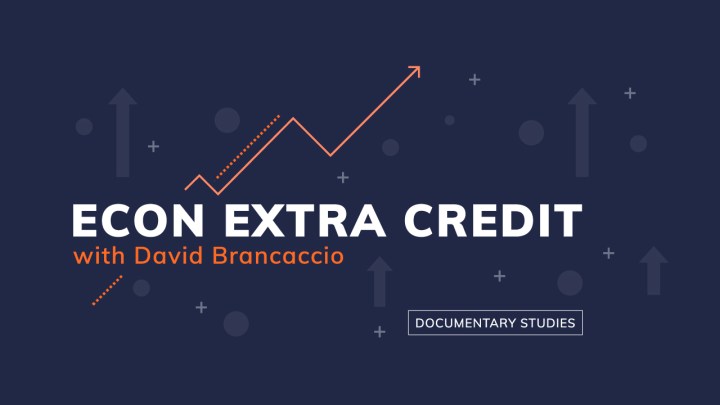
In the same 1969 summer as Woodstock, there was another blockbuster of a music festival in New York, this one in Harlem. Some of the greatest Black artists of all time thrilled those who packed into a city park over six weekends. Stevie Wonder. Mahalia Jackson. Sly and the Family Stone, just for starters. Ever heard of the Harlem Cultural Festival? Most people say no. Even Questlove, the famed musician, DJ and music journalist, hadn’t heard of it.
The documentary we’re watching this month, just released on Hulu, is “Summer of Soul,” a combination concert film and social history directed by Ahmir “Questlove” Thompson. Forty-five hours of videotape from the festival had been stored in a basement for more than 50 years. A producer who had originally arranged to record the performances in 1969, the late Hal Tulchin, had never given up trying to get the footage circulating, often pitching the project as the “Black Woodstock.” But beyond excerpts that have appeared here and there, a film worthy of the content didn’t jell for decades. Tulchin was quoted by Smithsonian Magazine in 2007, calling the filming “a peanuts operation, because nobody really cared about Black shows.”
It doesn’t look like peanuts. Watching Questlove’s version leaves you thunderstruck. The new documentary strongly views the reason for this mesmerizing material never getting a wide audience as “Black erasure,” when the gatekeepers of mass culture so frequently ignore the contributions of people of color. That is one of the economics lessons we can draw from the film: that bias is vile, as well as bad for business, leaving potential profits on the table for half a century.
I am now on a quest to learn more about how the mechanics of Black erasure played out in this case. How did decision makers justify not greenlighting a project based on material of this strength, as was done for the Woodstock festival a hundred miles away? Did they worry a “Black Woodstock” would dilute the upstate Woodstock’s commercial appeal? Many may suspect some of the content from the Harlem festival was considered too edgy for mainstream audiences — like Nina Simone’s reading the words of a radical poem aloud.
While “Summer of Soul” will blow your ears off, many economics lessons play out alongside the music. This includes the apportioning of resources; the Harlem festival happens at the same time as the first moon landing. While some of the festival attendees saw Apollo 11 as a technical achievement, some told reporters at the time that money used for the lunar escapade would be better spent on helping America address poverty.
There is also a theme with strong echoes today about the career risks performers and sports figures take when they take public positions on social issues. In the film, Stevie Wonder — age 19 at the time of his Harlem Festival performance — talks about his decision to publicly embrace social justice, ignoring the concerns of others around him about what that might mean for record or ticket sales.
The film also regards the Harlem festival as the cultural moment that was the turning point for the term Black as a positive brand. It was “when the ‘Negro’ died and Black was born,” according to one unnamed voice in the film. From there, Black becomes a driving cultural force and, of course, a marketing force.
The release of the film itself is a business experiment. While it streams on Hulu, it’s also going into more than 600 theaters on the wager that people are ready to turn out for a powerful shared experience.
— David
We hope you join us in watching this month’s Econ Extra Credit selection. “Summer of Soul” is showing in select theaters (!) and available to stream on Hulu. Once you’ve watched, please let us know what you thought of it: extracredit@marketplace.org.
There’s a lot happening in the world. Through it all, Marketplace is here for you.
You rely on Marketplace to break down the world’s events and tell you how it affects you in a fact-based, approachable way. We rely on your financial support to keep making that possible.
Your donation today powers the independent journalism that you rely on. For just $5/month, you can help sustain Marketplace so we can keep reporting on the things that matter to you.












